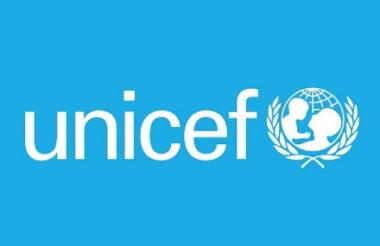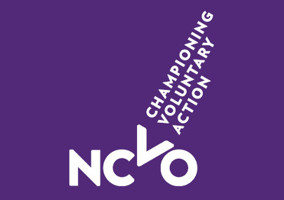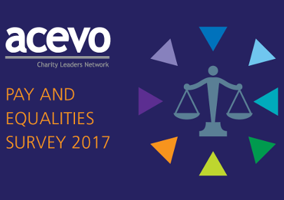Two consultants have accused UNICEF UK of “institutional racism” and withdrawn from work with the charity.
Dr Fifa A Rahman and Rachael Crockett released a statement last week saying they had decided to walk away from a project with the charity, stating they “expect better” from UNICEF UK.
A UNICEF UK spokesperson said the organisation was “sorry for the impact caused to the individuals concerned”.
Rahman is an academic and the founder of the consultancy Matahari Global Solutions, while Crockett is an independent expert on tuberculosis and health systems.
Racism claims
Rahman and Crockett said they were concerned about racist language and called on UNICEF UK to do better.
In a joint statement published on social media on Friday, Rahman and Crockett said: “This morning, we have withdrawn as consultants from a UNICEF UK project on health systems strengthening.
“Our decision is based on a number of bureaucratic and other hurdles faced which we believe are grounded in institutional racism, including racist language and the contention of UNICEF UK staff that the racism was ‘well meaning’.
“As an organisation involved in health care efforts in the Global South, serving a great many Black and Brown people, we expect better from UNICEF UK who must urgently reflect and increase anti-racism and decolonisation efforts.”
UNICEF UK: We ‘continue to learn and understand’
A spokesperson for UNICEF UK said that the charity “is aware of the allegations of institutional racism that have been made by consultants we had been working with”.
UNICEF UK apologised, said it is committed to tackling discrimination and has appointed a specialist lead for this work.
The statement reads: “We acknowledge these allegations and we are sorry for the impact caused to the individuals concerned and will ensure their feedback is heard and acted upon.
“We are committed to working within our organisation on challenging all forms of bias and discrimination in our day-to-day work and communications.
“We appointed a specialist diversity and inclusion lead over a year ago to support the organisation’s work on equality and tackling racial injustice, as set out in our diversity and inclusion strategy.
“UNICEF UK is taking action to ensure that our processes and systems and the way they are communicated uphold our commitments to being a fair and inclusive organisation.
“UNICEF UK continues to learn and understand systems of oppression and is dedicated to challenging and interrogating our position within them, in order to individually and collectively dismantle them.”
Empowered
Rahman and Crockett said they hoped UNICEF would implement its diversity and inclusion strategy and urged the organisation to empower individuals leading this work.
Reacting to the charity's response, Rahman and Crockett told Civil Society News: “We recognise the efforts that UNICEF is taking to address racism within the organisation, and hope that its efforts in understanding systems of oppression lead it to implementation of elements in its diversity and inclusion strategy.
“We note that acknowledging allegations and acknowledging racism is not the same – and still has underlying tones of the doubt and gaslighting that often permeates how white people respond to allegations of racism.”
The consultants also said that UNICEF UK’s previous work on diversity and inclusion was “woefully inadequate” given recent events.
They added that the people in charge of diversity and inclusion work “must be empowered to act openly on racism – and to directly point out when white people within the organisation are upholding systems of oppression. This will take time.”
In addition, they stressed the importance that global health bodies are willing and able to hire organisations in the global south as part of their work.
Related news











